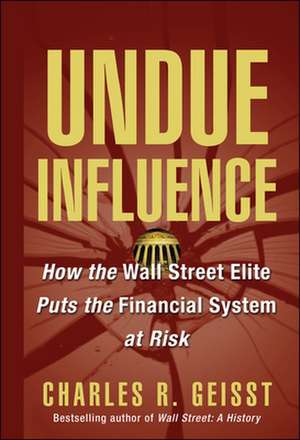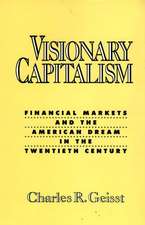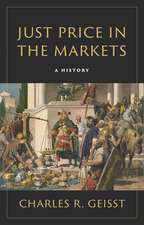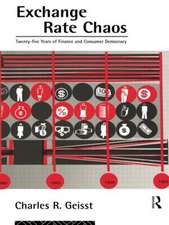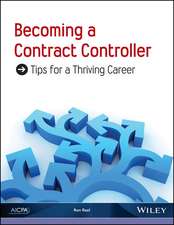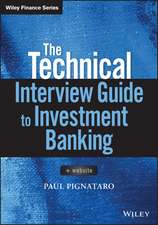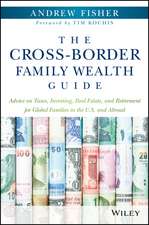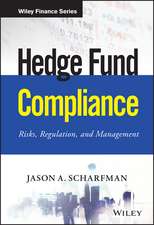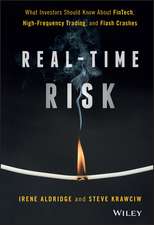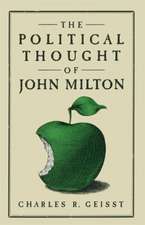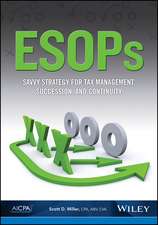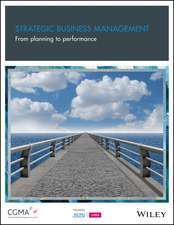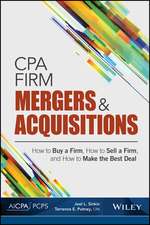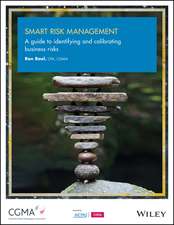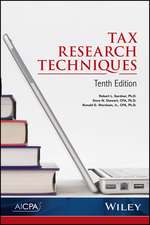Undue Influence: How the Wall Street Elite Puts the Financial System at Risk
Autor Charles R. Geissten Limba Engleză Hardback – 16 dec 2004
Preț: 213.15 lei
Nou
Puncte Express: 320
Preț estimativ în valută:
40.80€ • 44.33$ • 34.29£
40.80€ • 44.33$ • 34.29£
Carte disponibilă
Livrare economică 31 martie-14 aprilie
Preluare comenzi: 021 569.72.76
Specificații
ISBN-13: 9780471656630
ISBN-10: 0471656631
Pagini: 336
Dimensiuni: 161 x 234 x 29 mm
Greutate: 0.54 kg
Editura: Wiley
Locul publicării:Hoboken, United States
ISBN-10: 0471656631
Pagini: 336
Dimensiuni: 161 x 234 x 29 mm
Greutate: 0.54 kg
Editura: Wiley
Locul publicării:Hoboken, United States
Public țintă
Sophisticated finance readers.Cuprins
Descriere
Undue Influence paints a vivid portrait of the dealings between "the few", in this case members of Congress, the banking community, and the Fed, and sheds light on how radical new deregulatory measures could be introduced by unelected officials and then foisted upon Congress in the name of progress.
